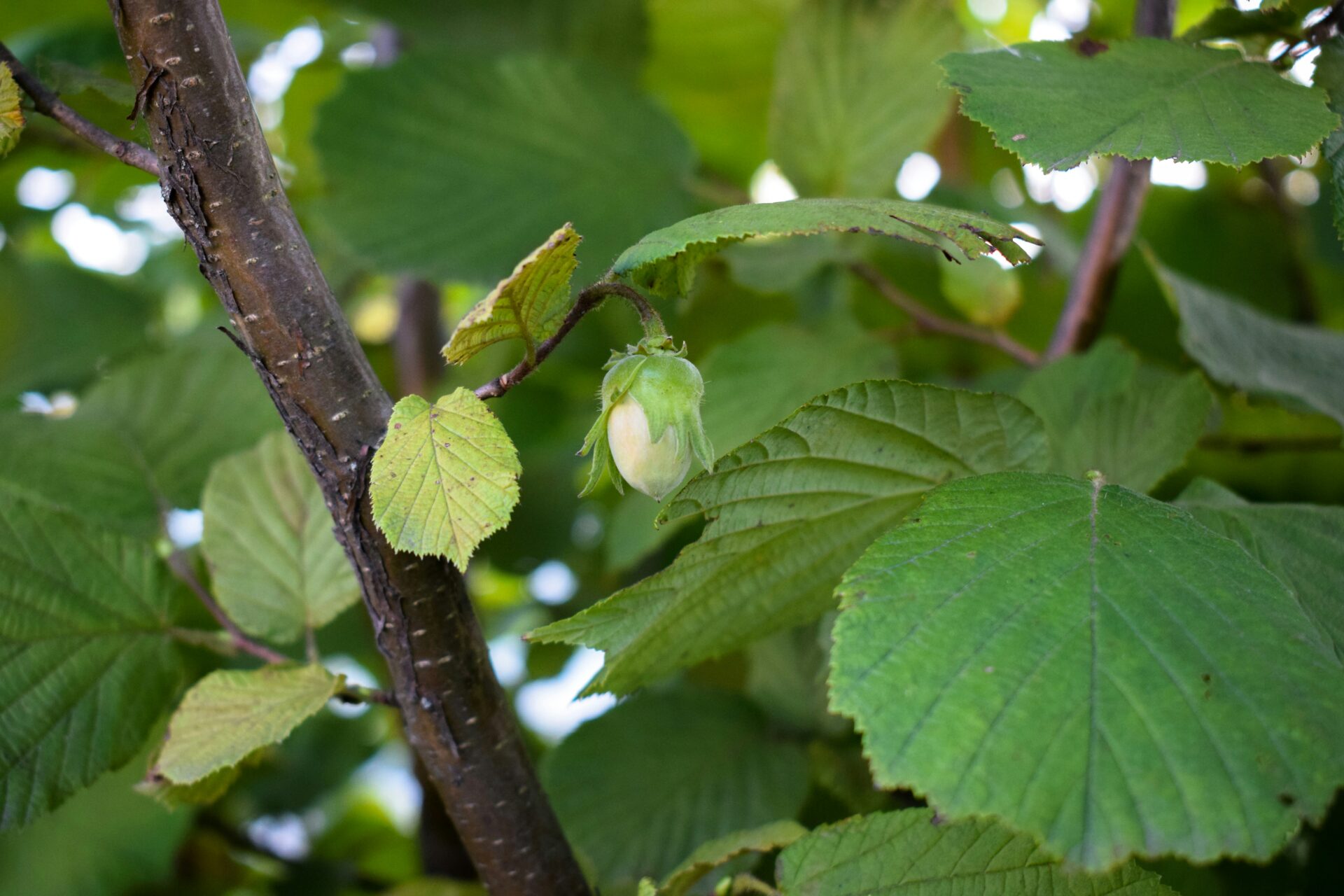
Photo by Anastasiya on Unsplash
Love anyway
January 8, 2025
If you have a “bright side” personality, you seek the best in a person or in a situation, or even in an election. Right now, we bright-siders are having a hard time.
As Christians, we know we are to have faith and hope as we follow Jesus. But as the shadow of autocracy and anarchy deepens in our country following the second election of Donald Trump as president of the United States, we will need to pull out the believers’ ultimate weapon. To transform this hard time into healthy space in which we can survive and thrive, we must put on the “greatest of these” – the game-changing love of Jesus.
I say this as the parent of a transgender young adult and the grandparent of two Black grandchildren. Their future is on the line as legislatures consider bans on gender-affirming care and courts roll back civil rights protections. Not to mention the white supremacist, misogynist dogma behind it all. And I am recommending that we just love each other?
Let’s be clear. Love is love unless it isn’t. I love my dog, books, non-manicured gardens, singing, traveling, and walking in the woods but I wouldn’t sacrifice my life for them. (Well, maybe for my dog.)
But then, enjoyment, infatuation, or even reciprocal affection is not what Jesus or Paul or John had in mind when they spoke about love. The Greeks famously broke the concept down into erotic love, familial love, friendship love, transcendent, love, pragmatic love, playful love, and self-love. Today, caring professionals coach us to have “tough love” in problematic relationships and help us to love ourselves despite our flaws.
Anne Lamott, in her recent book, “Somehow,” characterizes love as interconnectedness like the root system in a forest or garden. Love can keep us functioning as families, communities, and as a country, if we choose it. I can love my college roommate, even though we disagree on just about everything we consider important. It may take me longer to love people I find hateful.
Political scientists Nathan Kalmoe and Liliana Mason have studied political violence in America for several decades. As Americans have become more separated on the left/right political spectrum, Kalmoe and Mason concluded that citizens surveyed have come to think of those on the opposite side in dehumanizing terms. In 2019, they reported that 60 percent of their respondents believed that members of the other camp were a “threat’; 40 percent characterized them as “evil”; and 20 percent thought the opposite-party adherents were “not human.” According to the researchers, we are living in a climate of “moral disengagement.” This condition, they believe, is an essential precursor to violence. Extreme speech formerly directed at faceless institutions now is being used against individuals who are vilified because they hold different ideological beliefs.
Love as described by Jesus is not morally disengaged. It is, and always has been, countercultural. It is also a challenge, particularly when people, including ourselves, are often not lovable.
Love as described by Jesus is not morally disengaged. It is, and always has been, countercultural. It is also a challenge, particularly when people, including ourselves, are often not lovable.
Many of us are familiar with what Jesus says about love. His words suggest a life focused on loving others, whatever their politics, background, or beliefs.
- Love the Lord your God with all your heart, soul, and mind and your neighbor as yourself (Matthew 22:37-39).
- Love your enemies… (Luke 6:27).
- Love one another as I have loved you (John 15:12).
- No one has greater love than this, to lay down one’s life for one’s friends (John 15:13).
We often read Jesus’ words as commands to love those on the margins of our society and rightly so. However, Jesus did not exempt our loving of those whose power is a threat to us, who act only in their own interests, or who are just plain mean.
Even if we are slow to understand some things, the commandment to love is plain. Remembering that God-so loved-the-world-that-God-gave-their-son demonstrates an active, giving, and forgiving relationship with humanity. God’s love recognizes us, all of us, as imperfect, and in need of grace, mercy, compassion.
Maybe God’s love IS our very atmosphere – the only thing there is. That idea, of love keeping the universe alive and making the worlds go around, may get close to what is meant by God-is-love.
Julian of Norwich, a 14th-century Christian saint, had a similar vision or revelation of God’s love. She saw God’s love in the creation of a hazelnut, representing in its small self the whole world that God loved into being. That’s a mystical conception of love, for sure, using a hazelnut to remind us that God really does love the whole world, each piece and each person — no matter how we may view these creations. Such is the all-encompassing love of God.
Our attempts to love may not come easily. Love is not inactive, uninformed, or “one and done.” Paul spelled out this reality in his famous meditation on love in 1 Corinthians. Love is patient, kind, truthful, respectful, hopeful, enduring, endless.
Yet Paul had to know, as we do, that more often than not, our love is anxious, territorial, pushy, prideful, self-centered, short-tempered – the opposite of God’s expansive and inclusive love.
So, given our status as human beings and yet, as believers in God-who-is-love and wants us to be love, too, what will we do in this time of dread?
Hang on to your hazelnuts. Act to change the world in faith and hope. And love anyway.
Laura Alden is a writer and a member of First Baptist Church, Pottstown, Pennsylvania. She served as publisher of Judson Press from 2003 to 2021.
The views expressed are those of the author and not necessarily those of American Baptist Home Mission Societies.


